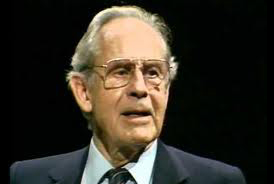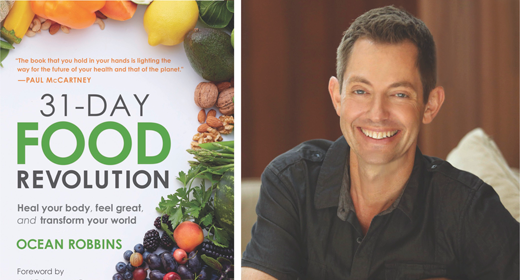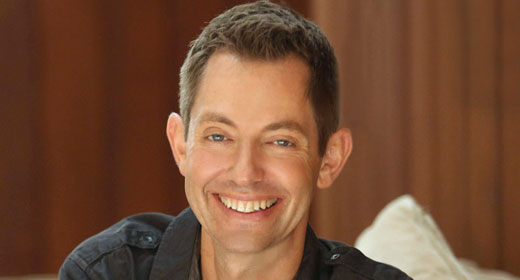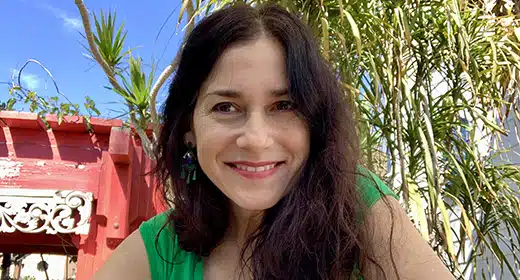TIBURON, Calif. — Rollo May, a founding father of existential and humanistic psychology and the man who introduced a generation to the so-called Age of Anxiety, has died here. He was 85.
 May, who died Saturday, was renowned for his pioneering theories on human behavior and for the witty, stylish prose with which his dozen groundbreaking books brought psychology to the general public.
May, who died Saturday, was renowned for his pioneering theories on human behavior and for the witty, stylish prose with which his dozen groundbreaking books brought psychology to the general public.
May gained fame in the 1950s for his book “The Meaning of Anxiety,” in which he argued, at the dawn of the Cold War, that mental health did not necessarily mean living without anxiety: “As long as it is not out of proportion to a situation, anxiety is actually good for you,” May wrote, “because there is a close relation between anxiety and creativity, originality and intelligence.”
Expanding on that idea to The Times in 1978, he said, “Civilization itself is a result of anxiety. . . . Anxiety has its negatives but it makes life sharp and vital. . . . If we allow it to paralyze us, to render us unable to work and think, then anxiety is harmful. But we have the option of turning it into an energizing force, to solve our problems.”
May’s work was much influenced by the German theologian Paul Tillich, in whom he found a mentor and friend, said his biographer, Robert Abzug.
Earning a master of divinity degree in New York in 1938 after studying under Tillich, May then spent two years as a Congregationalist minister in New Jersey. He left the ministry to seek a doctorate in clinical psychology after realizing that his religious training did not adequately equip him to deal with his parishioners’ problems.
Some of May’s best-selling books–“Love and Will,” “The Meaning of Anxiety,” “Power and Innocence” and “Man’s Search for Himself”–attained the status of classics over the years.
May was “a gifted therapist and a writer capable of translating for the lay public philosophical and psychological ideas while retaining their richness and subtlety,” Abzug said.
Born in Ada, Ohio, in 1909, May cut the figure of a cosmopolitan philosopher during the pinnacle of his fame in the 1960s and 1970s, but his roots were in the Protestant heartland.
After contracting tuberculosis in his 30s–he was hospitalized for 18 months and read theology, psychology and existential philosophy–he embraced a tragic view of life.
“It was a valuable experience to face death, for in the experience I learned to face life,” May told The Times.
That insight was developed into “Love and Will,” which set forth the idea that awareness is not separate from life but is essential to it. May also took exception to Freud’s argument that man is the prisoner of his own history–making May unpopular with many psychiatrists.
The book opened a new era in May’s life. It influenced many in the political and cultural movements of the civil rights and Vietnam War era.
In 1975, May moved to Tiburon, and gained ongoing importance among humanistic and existential psychologists as a powerful critic within the profession. He moved to personalize therapy sessions according to patients’ needs, so they could discover their own unique “pattern of potentialities.”
In a 1987 gathering of therapists in Berkeley, May charged that the Age of Anxiety that he identified in the 1950s had turned into the Age of Despair.
“One word frees us of all the pain in our lives,” he said. “The word is love. My theme is that human life begins on the far side of despair.”
At various times, May was a visiting professor at Harvard, Princeton and Yale, and in recent years he had often lectured on the progressions of psychology.
May was surrounded by family and friends during his last hours. He is survived by his wife, Georgia, two daughters, a son and a brother.








































